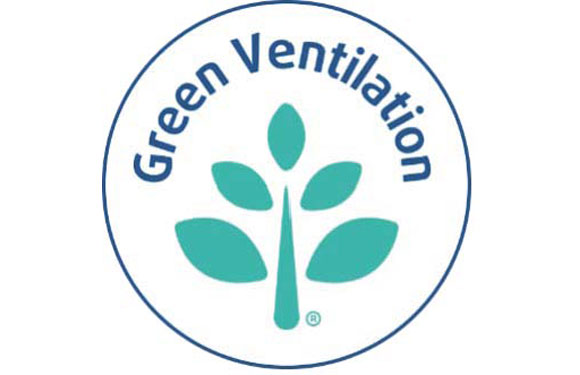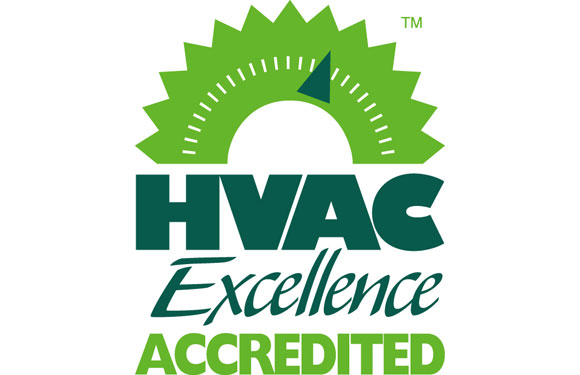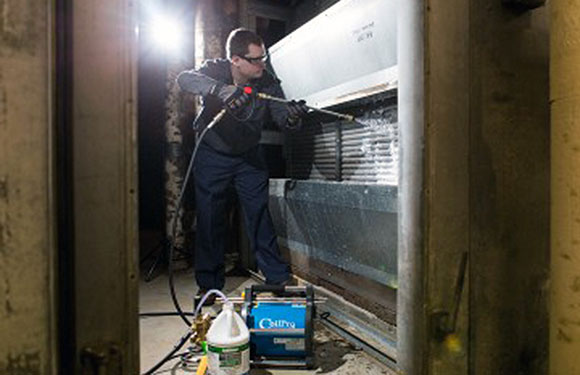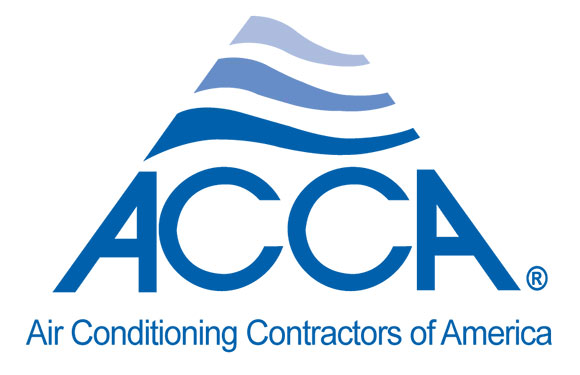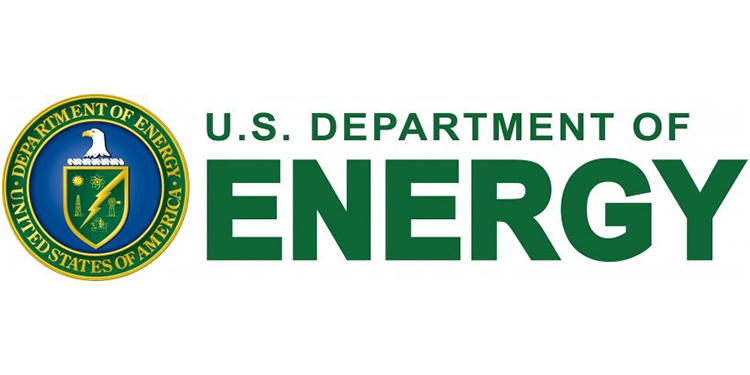
News, Refrigeration
DOE Adopts Energy Efficiency Agreement for Fridges, Freezers
 by Daniel Moore, Reporter
by Daniel Moore, Reporter
- Recommendation by producers, environmental groups
- Standards to bring $36 billion in savings, department says
The Biden administration announced a final rule on Friday that imposes stricter energy efficiency standards for residential refrigerators, freezers, and refrigerator-freezers, promising savings and environmental benefits.
The new standards for those energy-guzzling consumer appliances, which haven’t been updated in over a decade, will save consumers $36.4 billion over 30 years of shipments, the Energy Department estimated in a press release seen in advance by Bloomberg Law. The department adopted a recommendation offered in September by the Association of Home Appliance Manufacturers (AHAM) and a group of environmental organizations and efficiency advocates.
“Refrigerator technology keeps improving, and today the standards are catching up to ensure every new model uses key energy-saving features,” said Andrew deLaski, executive director of the Appliance Standards Awareness Project, a party to the joint recommendation.
“It has been particularly encouraging to see the manufacturers embrace this continued significant progress,” deLaski added.
AHAM, the manufacturers’ association, applauded the rule in its own statement.
“AHAM appreciates the consideration DOE gave to the stakeholders’ recommendations in developing an achievable standard that allows sufficient time for manufacturers to develop the innovations necessary to meet the new requirements,” the group wrote.
Efficiency Rules
Energy savings will represent an 11% drop over the energy use of products currently on the market, the department said. AHAM and ASAP both said energy use reductions would range from 10% to 15%.
The standards will bring cumulative emission reductions of nearly 101 million metric tons of carbon dioxide, the department said, an amount roughly equivalent to the combined annual emissions of 12.7 million homes. Compliance will be required either Jan. 31, 2029, or Jan. 31, 2030, depending on the configuration of the refrigerator or freezer, DOE said.
Models meeting the new standards will likely use some combination of more-efficient compressors and fan motors and better insulation, ASAP said Friday. Variable-speed compressors, which are found in some models today, can run for longer at a lower speed, which means they stop and start less frequently, the group said.
The department also proposed the first-ever federal efficiency standard for commercial fans and blowers that it said would reduce annual energy costs for US businesses by $3.3 billion. The proposed standard, which the DOE aims to make effective in 2029, “follows the lead of efficiency standards already established by the state of California for general fans, extending savings to consumers nationwide.”
Following Recommendations
The department finalized the fridge and freezer standards in time to meet the Dec. 30 deadline outlined by a legal settlement with environmental groups who challenged Trump-era delays in issuing standards.
In the settlement, reached in September 2022, the DOE agreed to review energy efficiency standards for 20 categories of appliances and equipment, such as microwave ovens, non-weatherized and mobile home gas furnaces, residential clothes dryers, and residential refrigerators, freezers, and clothes washers.
Updating the 20 overdue standards would translate to roughly $650 billion in utility bill savings for consumers through 2050 and prevent as much as 1.8 billion metric tons of carbon emissions by 2050, according to an analysis by ASAP, the appliance efficiency group.
The department had indicated in its fall 2023 regulatory agenda that it was pursuing adoption of the groups’ compromise recommendation, which also covered standards for five other product categories.
The DOE didn’t say Friday whether it would be following the groups’ recommendations for future standards.
But the department promised to move quickly to address a backlog of outdated energy efficiency standards.
In a statement, Energy Secretary Jennifer Granholm said the “DOE will continue to move quickly in 2024—together with our industry partners and stakeholders—to update and strengthen outdated energy efficiency standards, which is critical to innovation, more consumer options, and healthier communities.”
The DOE has issued 30 proposed or final energy efficiency standards in 2023 and intends to finalize more energy efficiency standards by the end of next year, it said in its press release.
The efficiency standards released so far under the Biden administration collectively save consumers nearly $1 trillion over 30 years, up from a previous estimate in 2022 of $570 billion in savings. The standards will reduce greenhouse gas emissions by the amount released by 22 coal-fired power plants, the DOE estimated.
(Updated with additional comment throughout.)
To contact the reporter on this story: Daniel Moore in Washington at dmoore1@bloombergindustry.com
To contact the editors responsible for this story: Maya Earls at mearls@bloomberglaw.com; Zachary Sherwood at zsherwood@bloombergindustry.com; Andrew Harris at aharris@bloomberglaw.com




